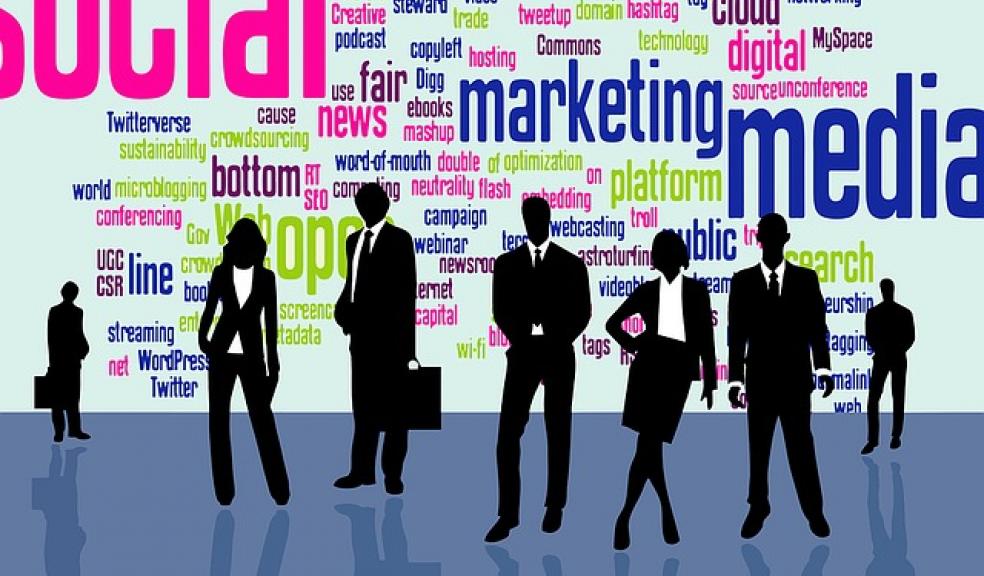
What you need to know about event marketing
Event marketing is the tools, methods, and channels used to advertise an event to the target audience with the aim of making them to purchase tickets or attend the event. The first step is to launch the event idea and persuading potential attendees to persuade their colleagues and friends to also attend through various media such as advertising, blogging, and email marketing. If you do not have the resources to promote your event, you can bring in sponsors who you will give a chance to advertise their products and services in the event. They can do this by having a pop up display stand or by issuing fliers.
B2B Event Marketing
Business to business (B2B) is selling your event to another business to get them to be present, exhibit, or sponsor it. The avenues for advertising could be the same but with a difference in the voice tone and USPs.
Creating an Event Marketing Strategy
It may not be possible to have a ‘fit all’ for event marketing but there are common strategies and ideas that should apply in almost all marketing scenarios. A marketing strategy involves raising the awareness levels of your event. You need to convince potential attendees to attend and for the ones, who are aware of the event, convince them to purchase tickets and also convince others to join them. Some of the strategies to implement include:
1. Giving Discounts
After launching your event, you should devise a way to make people register for the event. Giving early bird discounts is one way of doing this. You can say that the tickets will be discounted in the first three days and go up in the days leading up to the event.
2. Blogging
Blogging is another way to get people to attend your event. In the blog, tell people the purpose of the event, in other words, state your mission statement. A blog post does not have the aspect of ‘selling’ as an advert would do, so you will have more people reading it.
3. Social Media
Having an early presence on social media is vital in developing energy for your event, creating a community, and emphasizing on what is in the blog post – you can link the blog post here. Create the event hash tag which you will use in all your posts.
In relation to this, you can approach people who have a huge following on social media and request or pay them to share your event poster on their page. The followers will in turn share or tag their friends leading to more awareness for your event.
4. Partner Outreach
Having partners for your event can be essential to the success of your event. The partners to enlist include collaborators, media partners, or complementary brands before launching your event. Say for example, if you are a clothing line, you should reach out fashion influencers and content creators. The partners will help you advertise your event depending on their social influence. The brands can have exhibition stands in your event.
5. Paid Promotion
In the run up to the event, you can now pay for advertising in media such as Google AdWords, mainstream media, or social media. This can be a last resort if the other strategies of event promotion are not yielding results.
6. Email
Sending emails has been reported to be an effective way to promote events by Pulse Report. Send bulk emails to potential attendees including those who pre-registered.
7. Event Press Release
Attaining press coverage is another way to promote your event beyond your available network and has the potential to increase the sale of tickets and the number of attendees. It will also be helpful to build a future brand strategy and increase traffic to your website which could lead to conversions.
8. Set Evaluation Metrics
When launching your event, you should have measures in place to establish if the event is a success or a failure. You can gauge this by the number of people who attend the event, amount of traffic on your web page, or employ an events app. With this information, you will be able to organize an even more successful event in the future.
In conclusion, event marketing is not as easy in practice as it is on paper. You have to employ strategies to ensure that as many people as possible are aware of the event. All you have to do is make good use of the numerous media available to make your event known by the target audience.













